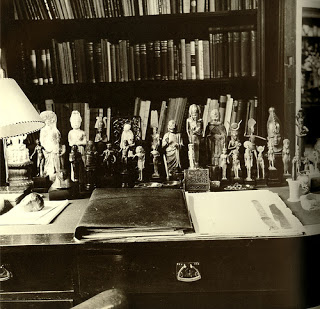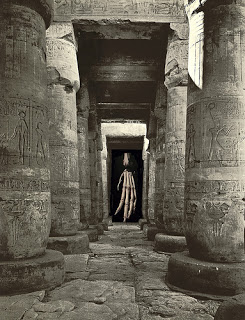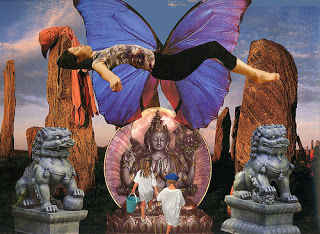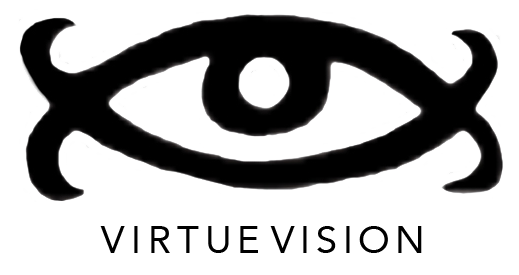The Reflective Journey
The academic stuff
Please note:
This post is really me practicing how to insert and format references, but there are some interesting points and I will come back to my initial reflective questions.
What makes writing and reading so difficult for me?
How does this affect my capacity as an arts facilitator?
 |
Freud’s desk
|
The Legacy of Schon
Donald Schon was one of the most influential thinkers in relation to reflective practice. Preceded by Dewey writing in the first quarter of the twentieth century (Thompson et al, 2008, p13)
I really tried to read both Shon, D (1983) The Reflective Practitioner: How Professionals Think in Action, New York, Basic Books.
and
Dewy, J (1916) How We Think, Boston, MA, DC Health.
It was challenging, I couldn’t relate to the writing style at all, too academic and theoretical for me and I couldn’t find a way in.
 |
| Entrance of the Queen |
Personally I ‘m grateful to Sue and Neil Thompson for writing a much more easy to read book, The Critically Reflective Practitioner (2008) London, Palgrave Macmillan.
It has lots of mind maps, images and strategies for incorporating reflective practice.
 |
| Floating on Her Wings |
Writing and reading present a challenge because they are not in my regular practice, so I’m not very good at it. I am really enjoying making more time for it, I must be ready for it now. I get excited by the ideas and the knowledge that are within my grasp. It’s actually extremely empowering.
As Thomson et al (2008) says:
 |
| Yin&Yang/The Mirror |

